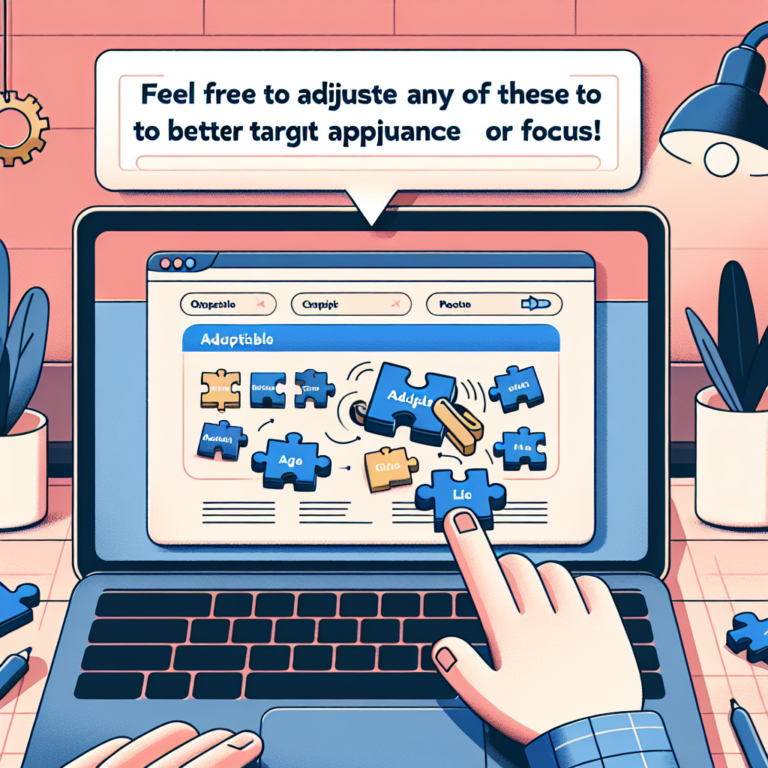
Introduction
In today’s fast-paced and ever-evolving professional landscape, the importance of ethical guidelines cannot be overstated. Businesses and individuals alike are not just expected to achieve results but to do so in a way that upholds integrity, transparency, and social responsibility. Ethical Guidelines 101: A Comprehensive Guide for Professionals aims to illuminate these principles, providing valuable insights that help professionals navigate complex ethical scenarios while building trust with stakeholders.
Why Ethical Guidelines Matter
Building Trust and Credibility
Ethical guidelines foster a culture of trust, which is crucial in maintaining relationships with clients, colleagues, and the wider community. Trust serves as the bedrock for productive interactions and long-term collaborations.
Legal Compliance and Risk Management
Adhering to ethical standards reduces the risk of legal penalties. In many sectors, violations of ethical guidelines can lead to severe repercussions, including litigation and damage to reputation.
Enhancing Decision-Making
Ethical guidelines provide a framework that can guide professionals in making tough decisions. They help clarify the values and principles that should be considered in various scenarios.
Key Ethical Frameworks
The Four Ethical Principles
- Autonomy: Respecting individuals’ rights to make their own decisions.
- Beneficence: Acting in the best interest of others.
- Non-maleficence: Avoiding actions that cause harm.
- Justice: Ensuring fairness and equity.
These principles serve as foundational elements that can be tailored to specific professions.
Professional Codes of Conduct
Most professions have established codes that outline ethical expectations. For example, the American Medical Association (AMA) provides a code that emphasizes patient welfare, professionalism, and honesty.
Real-World Applications
Case Study: The Pharmaceutical Industry
In 2017, a major pharmaceutical company was fined millions for not adhering to ethical marketing practices. This case illustrates the repercussions of neglecting ethical guidelines and emphasizes the need for transparency and honesty in communication.
Analysis: This case underscores the importance of ethical guidelines in promoting honest marketing, which ultimately protects consumers’ interests and enhances corporate reputation.
Case Study: The Financial Sector
In the wake of the 2008 financial crisis, many institutions came under scrutiny for unethical practices. A lack of adherence to established ethical guidelines led to significant economic consequences.
Analysis: This case demonstrates how ethical lapses can destabilize entire markets and highlights the necessity of adhering to ethical principles to safeguard public trust.
Implementing Ethical Guidelines
Training Programs
Regular training programs can help instill a strong ethical culture within organizations. Employees should be educated on the specific ethical guidelines relevant to their profession and the consequences of unethical behavior.
Leadership Commitment
Effective ethical leadership sets the tone for the entire organization. Leaders should consistently model ethical behavior and encourage open discussions about ethical dilemmas.
Ethical Challenges in the Workplace
Conflicts of Interest
Professionals often face situations where personal interests may conflict with professional duties. Identifying and navigating these conflicts transparently is crucial for maintaining ethical standards.
Reporting Misconduct
Creating a safe environment for whistleblowing is paramount. Employees should feel secure in reporting unethical behavior without fear of retaliation.
Tables and Charts
| Ethical Principle | Definition | Application Example |
|---|---|---|
| Autonomy | Respecting individual decision-making | Informed consent in healthcare |
| Beneficence | Acting for the benefit of others | Community service initiatives |
| Non-maleficence | Avoiding harm to others | Financial advising with transparent fees |
| Justice | Ensuring fair treatment | Equal pay policies |
Conclusion
Ethical Guidelines 101: A Comprehensive Guide for Professionals emphasizes the significance of embedding ethical principles into the fabric of professional practice. By understanding and implementing these guidelines, professionals not only protect themselves but also contribute to a more just and equitable society. The journey toward ethical excellence is ongoing, requiring commitment, education, and open dialogue.
FAQs
1. What are ethical guidelines?
Ethical guidelines are principles that govern behavior in professional settings, ensuring that individuals and organizations act with integrity, accountability, and fairness.
2. How can I develop an ethical framework for my organization?
Start by defining your core values, consulting existing codes of conduct, conducting training programs, and encouraging open discussions about ethics.
3. What should I do if I notice unethical behavior?
Report the behavior to your organization’s ethics committee or designated authority. If you feel unsafe doing so, seek external channels that protect whistleblowers.
4. Why is it important to have a code of conduct?
A code of conduct provides clear expectations for behavior, guiding decision-making and promoting a culture of integrity.
5. Can ethical guidelines change over time?
Yes, ethical guidelines can evolve based on societal norms, legal requirements, and advancements in knowledge, necessitating regular review and update.
This comprehensive guide serves as a powerful resource for professionals seeking to understand and implement ethical guidelines effectively. By prioritizing ethical conduct, individuals and organizations can foster a robust culture of integrity that benefits everyone involved.

















